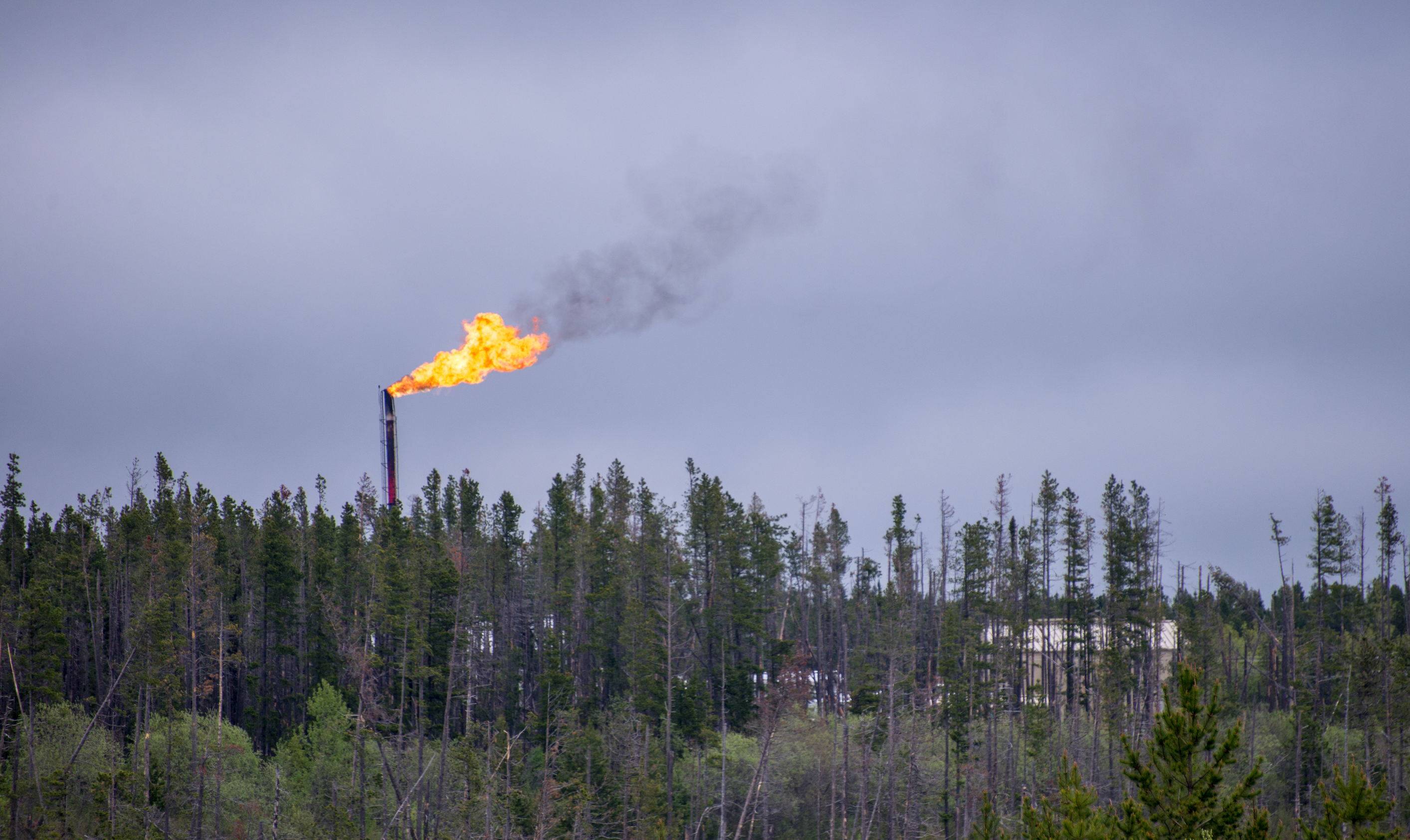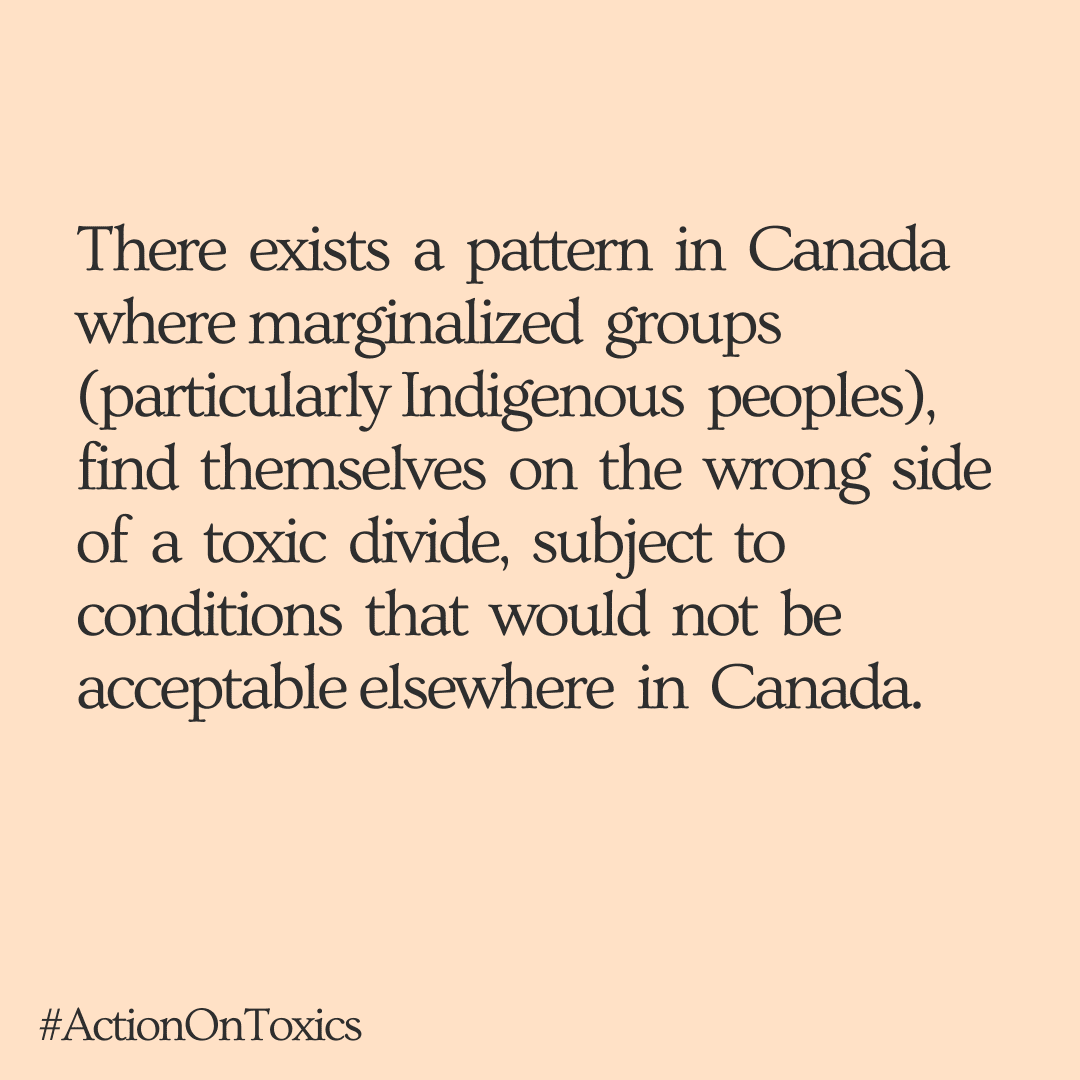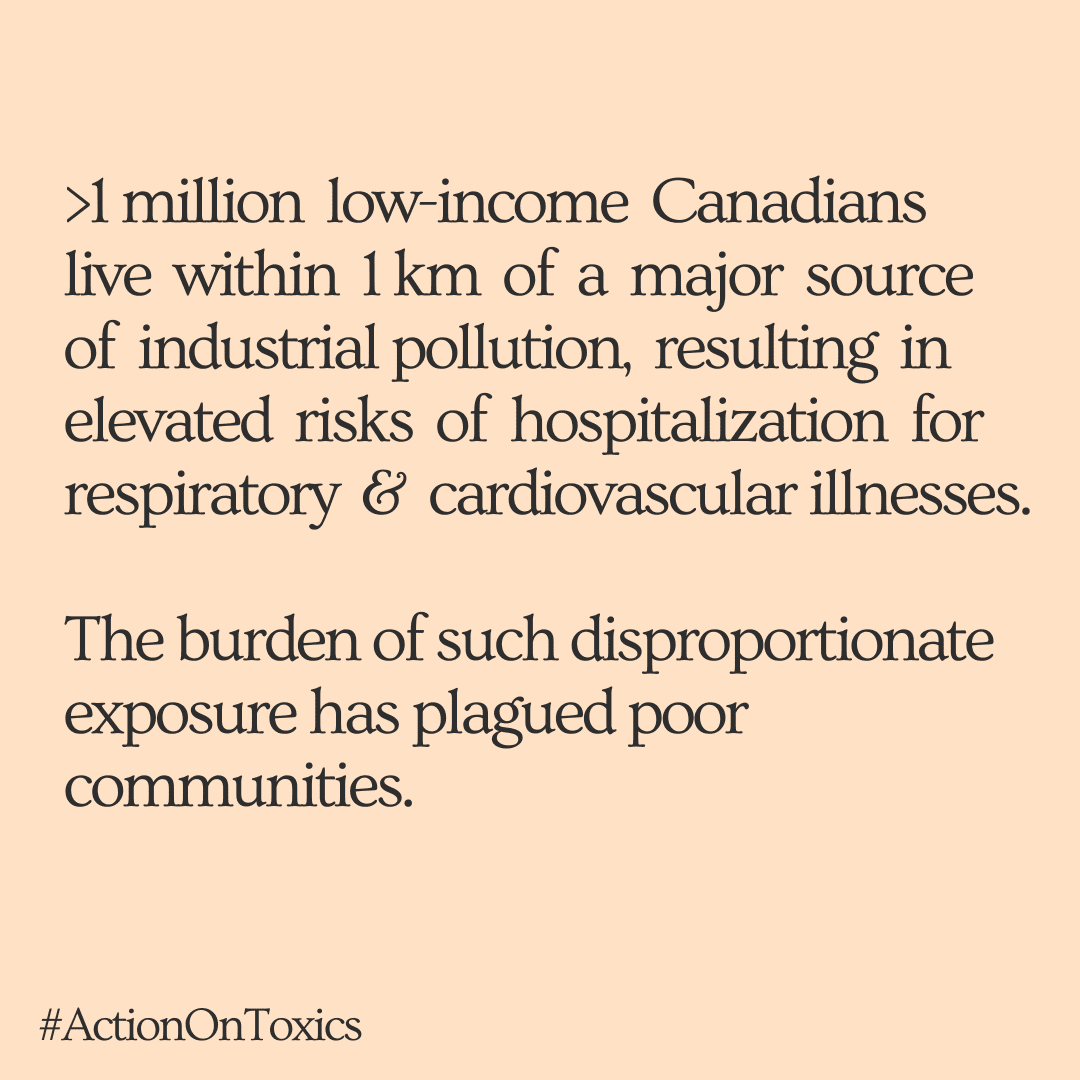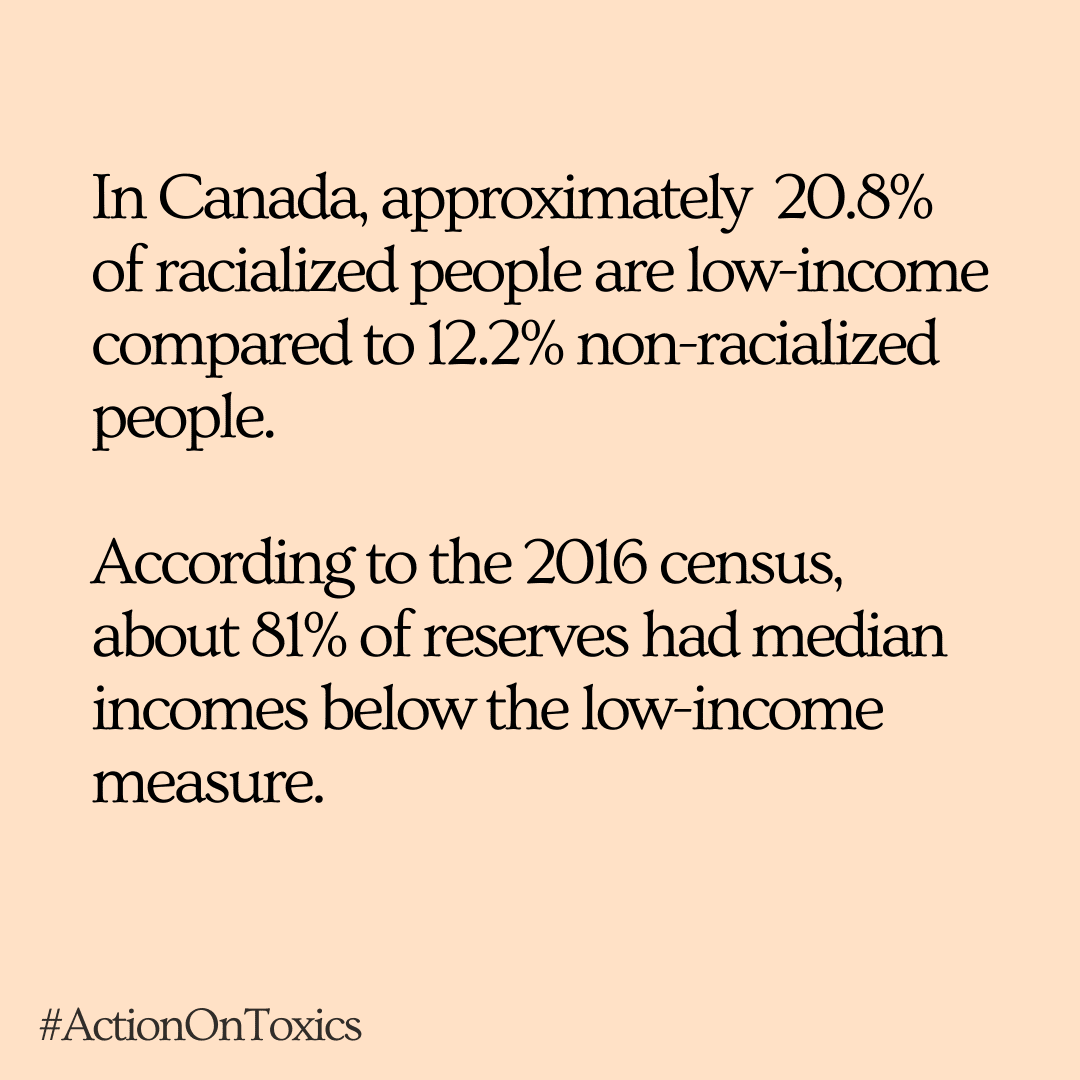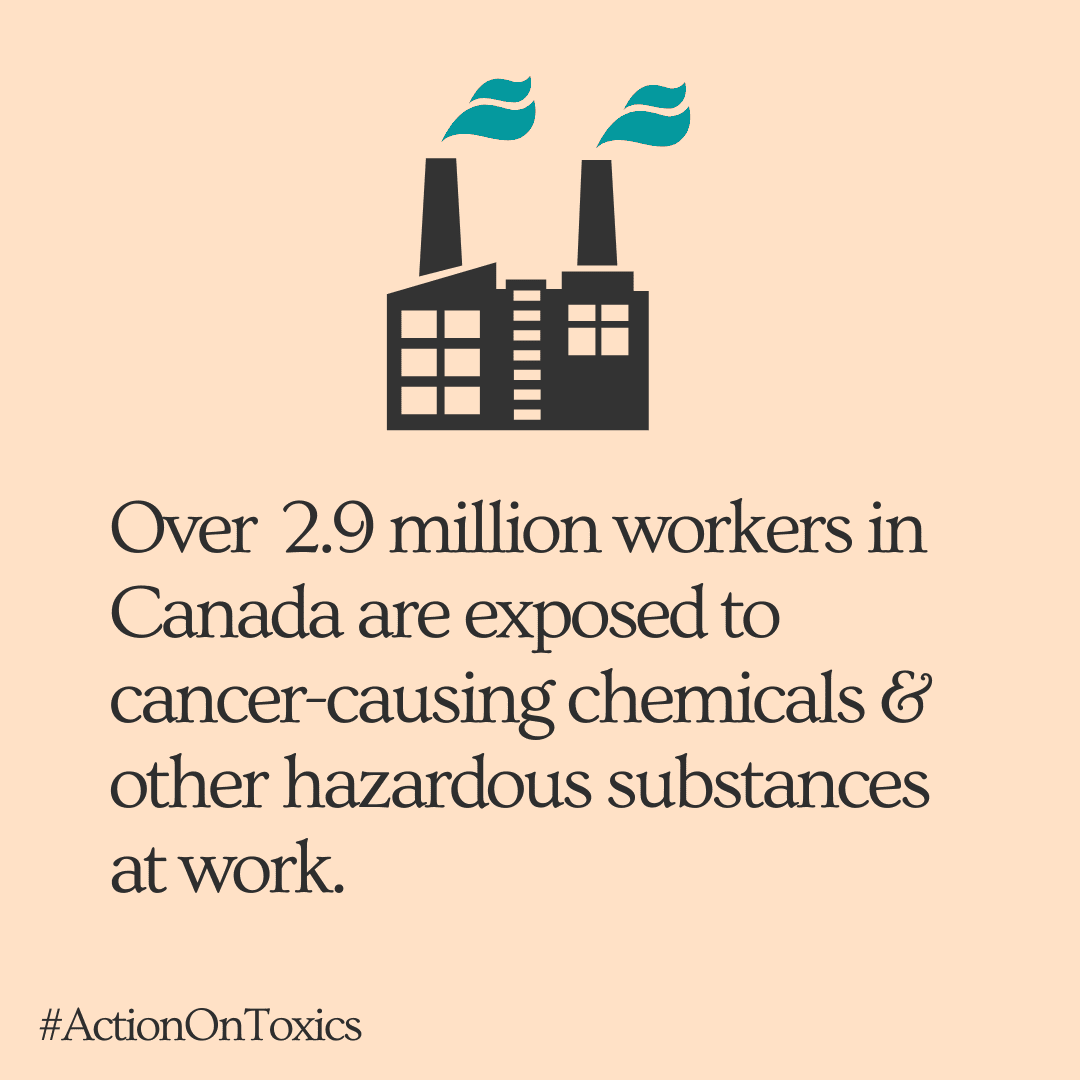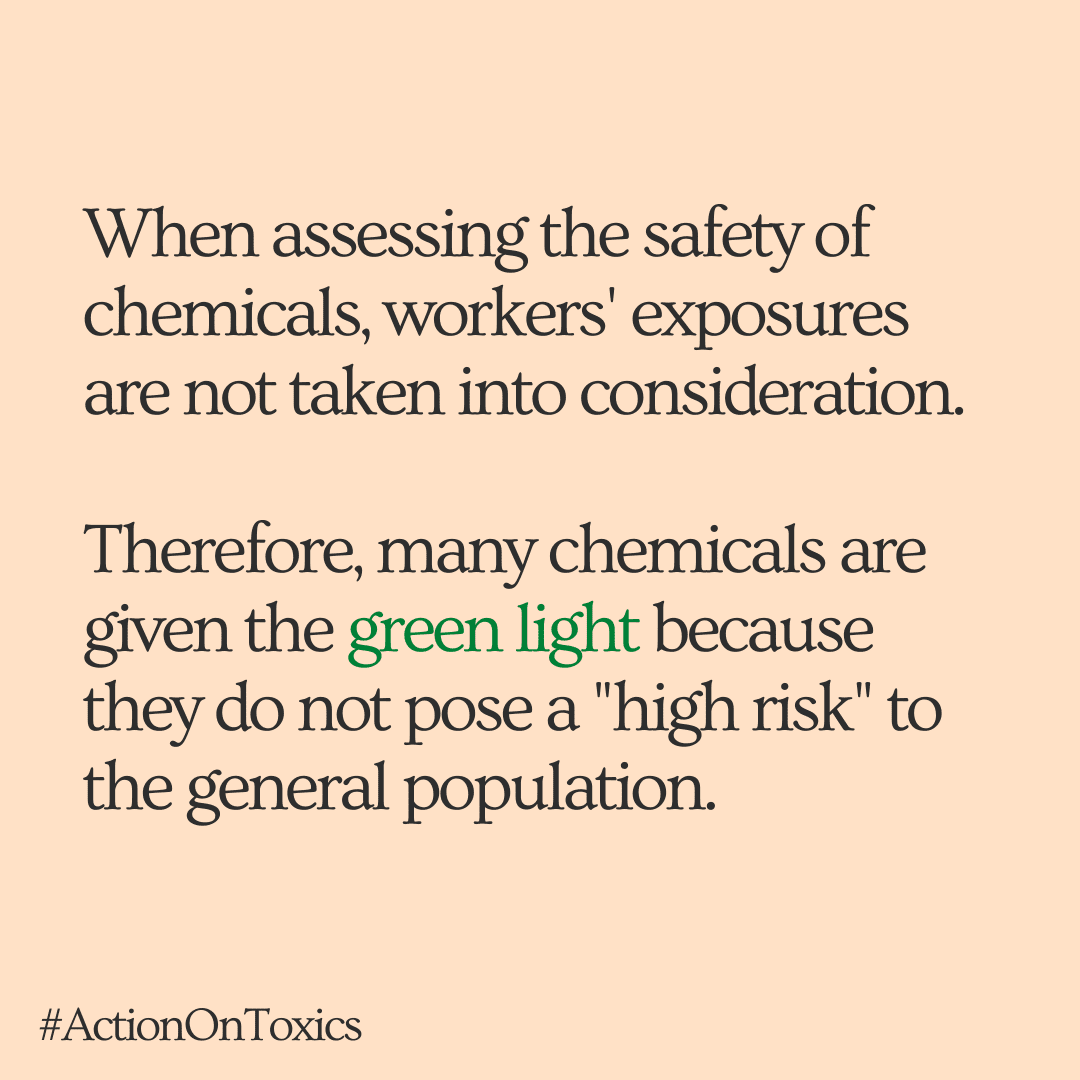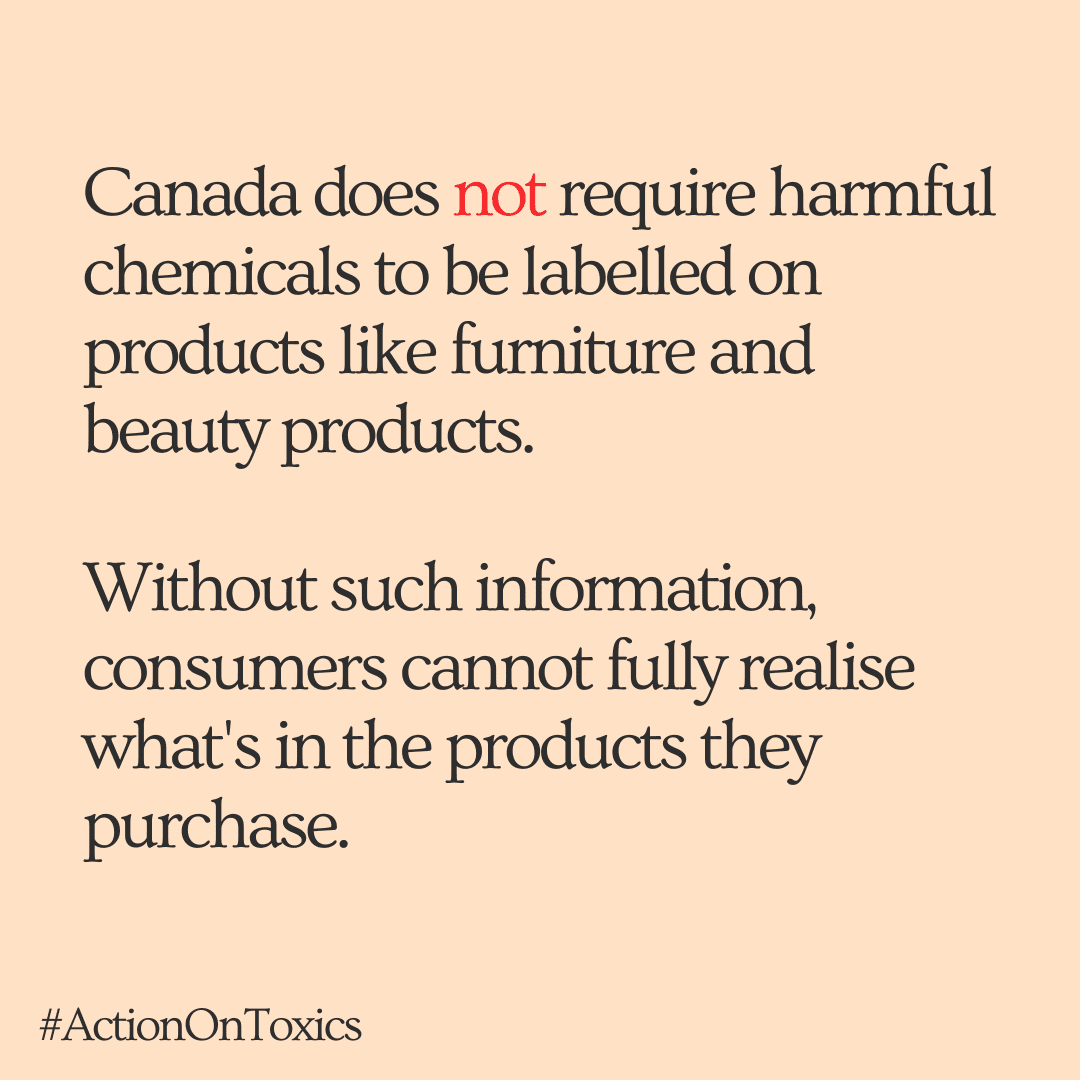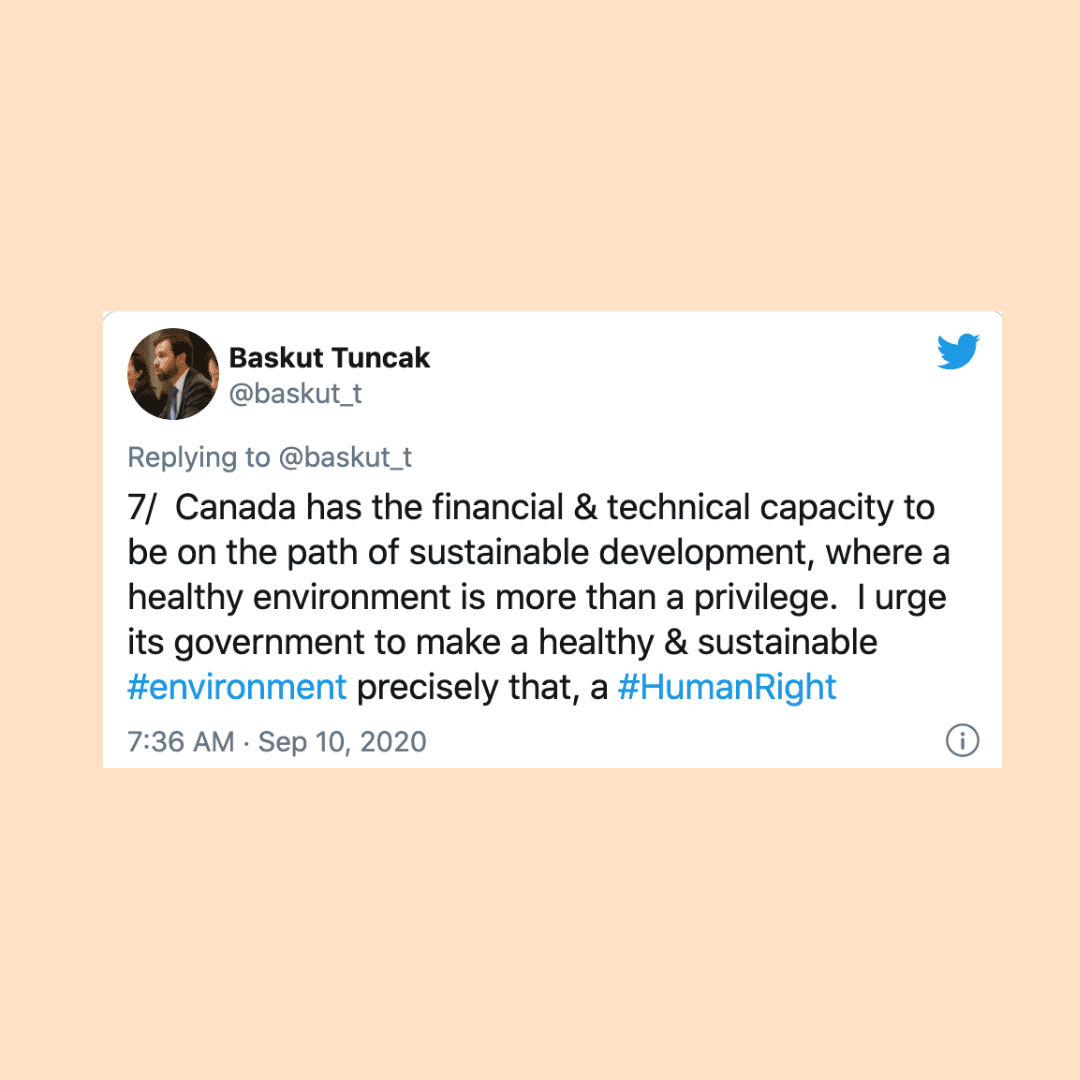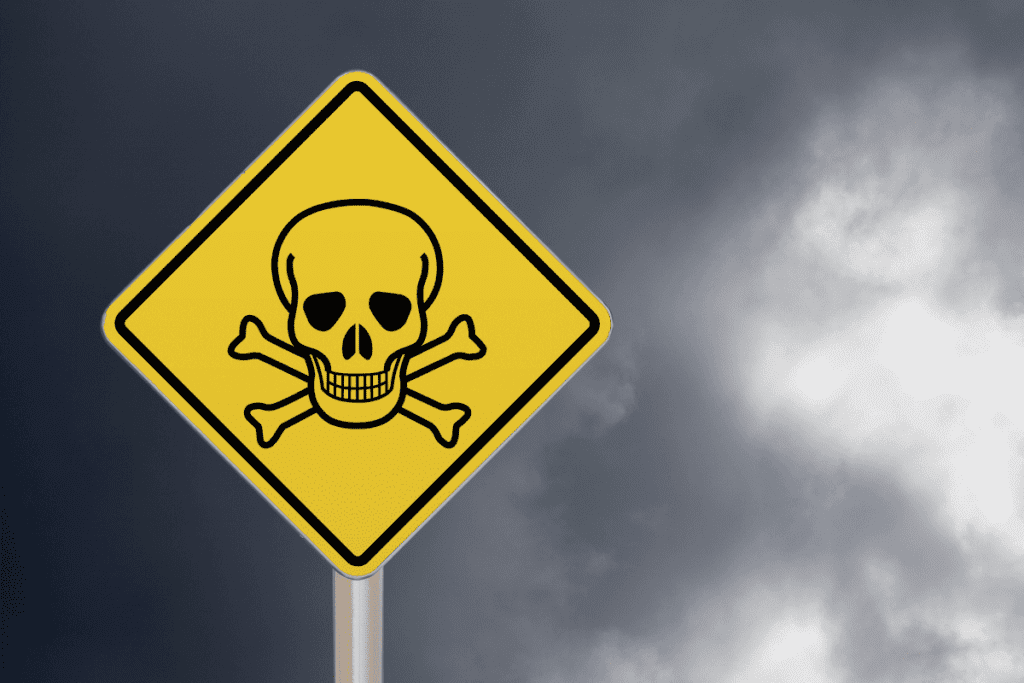In the wake of public outrage about the systemic racism and disproportionate police violence experienced by Black, Indigenous and People of Colour (BIPOC), a new report presented to the United Nations Human Rights Council documents troubling findings of environmental racism and injustice in Canada.
The report, authored by UN Special Rapporteur on Human Rights and Toxics who completed a visit to Canada in 2019, shines the spotlight on longstanding discriminatory and health devastating pollution experienced by Indigenous and Black communities across Canada including the mercury pollution crisis in Grassy Narrows, the pollution from petrochemical plants in Aamjiwnaang First Nation, the placement of toxic waste sites near African Nova Scotian communities, and oil sands pollution in Fort McMurray. It also exposes severe problems in government laws and policies that have resulted in unequal and unacceptable toxic exposures in vulnerable and marginalized populations.
Here are some of the important findings from the report:
Tackling environmental racism in Canada can no longer take a back seat, especially in light of emerging scientific evidence underscoring the connection between toxic exposures and COVID-19. Research from the United States and Europe demonstrates that communities exposed to worse air pollution suffered higher rates of COVID-19 and hospitalization outcomes. Furthermore, Canadian data show that racialized and other vulnerable communities are more likely to be infected by the COVID-19 virus and experience severe illness.
The federal Speech from the Throne reiterated a government commitment to modernize the Canadian Environmental Protection Act (CEPA), the two-decade old law governing toxic chemicals and pollution prevention. But it is time to put words to action by introducing a bill before the end of the year that would amend CEPA to ensure the protection of vulnerable populations and marginalized communities and to recognize everyone’s right to a healthy environment.
You can help make this happen. Send a letter to the Ministers of Environment and Climate Change and Health calling for a quick introduction of a bill to strengthen CEPA today.



